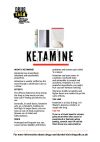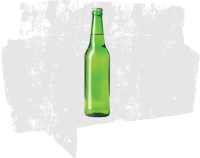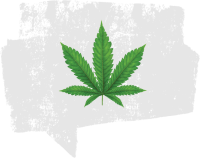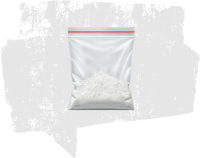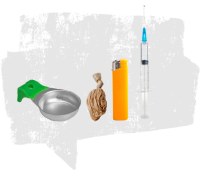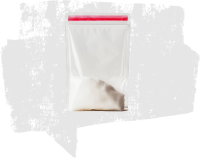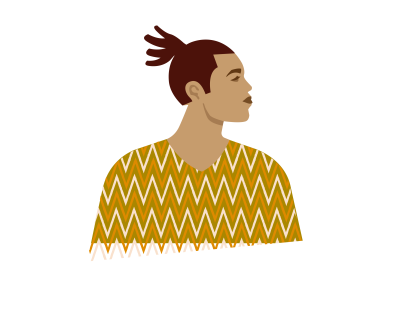
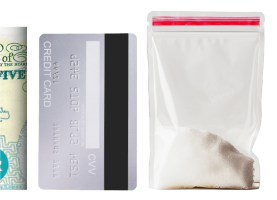
KETAMINE
Ketamine, a class B drug, is illegal to possess, produce, or supply. Small doses act as a stimulant, while larger doses can cause hallucinations, panic, and out-of-body experiences.
WHAT IS KETAMINE?
Ketamine is a complex drug. It has anaesthetic, stimulant and psychedelic properties. Often it is described as a dissociative drug meaning that people feel detached from their environment.
In the UK, the drug is licensed for use in human and animal medicine.
The non-medical use of ketamine became popular in the UK in the early 1990s when the drug was sold in tablet form as ecstasy. Nowadays, the street form of ketamine normally comes as white crystals or powder.
HOW IS KETAMINE USED?
Ketamine is usually sniffed up the nose through a small tube such as a straw or rolled-up bank note. In clubs, users might dip the end of a key into the bag of ketamine and sniff a small amount from the tip.
Information available in over 100 languages
Drug Talk provides accessible drug and alcohol information for people from ethnic backgrounds living in Wirral.
Click the button at the bottom of the screen to read or listen in your preferred language.

WHAT ARE THE EFFECTS OF KETAMINE?
The ketamine experience can vary depending on several things, including how strong the drug is, how much you take, how you’re feeling and where you are.
Generally, in small doses, ketamine acts as a stimulant, making you feel high. In larger doses, you can have an out-of-body experience (known as a K-hole), hallucinations, a sense of calm and a distorted notion of time. But ketamine can also make you feel panicky, have unpleasant feelings and nightmare-like experiences.
When snorted, the effects begin within a few minutes and last around 30-45 minutes, depending on how much is taken.
WHAT ARE THE PROBLEMS WITH KETAMINE?
PERSONAL SAFETY
The effects of ketamine can leave users in a confused state and vulnerable to assault, traffic accidents, drowning and burns and unaware of any serious physical injury. Ketamine is a very powerful anaesthetic, you might hurt yourself without realising.
PHYSICAL HEALTH
Prolonged and frequent ketamine use can cause serious bladder and kidney-related problems such as an increased need to urinate, passing blood when you pee, and pain on urination due to scarring and shrinkage of the bladder.
At the Club Drug Clinic in London, doctors tend to see serious ketamine bladder symptoms in people who are using most days for several months. Occasionally, some people with lower use develop symptoms – possibly because of existing medical conditions or vulnerability.
Abdominal pain, sometimes called ‘K cramps’, have been reported by people who have taken ketamine frequently.
MENTAL HEALTH
Unwanted psychological effects after using can include anxiety, panic attacks, flashbacks, insomnia, nightmares, paranoia, delusions and hallucinations. Long-term psychological effects can include anxiety, panic attacks, depression, paranoia and delusions.
MIXING DRUGS
Few people use one drug on its own, and ketamine is no exception. Ketamine is often used on a night out alongside a range of substances, including alcohol. Mixing drugs increases the risks and should be avoided as the outcome is difficult to predict.
DEPENDENCY
Although not considered physically addictive, tolerance to ketamine builds up very quickly and higher doses are needed to achieve the desired effects.
REDUCING RISKS
The best way to avoid the risks associated with drugs is not to use drugs. But if you are using, or considering using ketamine, the advice below will help minimise the risks to your health.
If you need to urinate (pee) more often than usual, pass blood when peeing or experience pain when you pee, consult your GP and let them know you use ketamine.
Do it somewhere safe where you and a friend can keep an eye on each other.
Take a small amount and wait. Don’t take more because you can’t feel anything. The substance could be a different strength or a different drug than last time. Be patient and give it time to work.
Don’t mix ketamine with other drugs, especially depressants like alcohol and GHB/GBL. These will slow your breathing down to dangerous levels. This can lead to dependence on several drugs and increase your risk of overdose.
IN CONTROL
Only buy what you’re going to use during a session. Don’t buy ‘some for later’, as later has a habit of becoming now.
Eat healthily and get enough sleep, as drugs can put a strain on your body and affect your physical and mental health.
If you start to feel agitated, confused or anxious, stop using, go and chill out somewhere quiet and take a friend to keep an eye on you.
If someone’s breathing is slow and shallow and they don’t respond when you talk to them, it’s best to be cautious and put them in the recovery position. Lie them on their side, so they don’t choke if they vomit. Call an ambulance.
KETAMINE AND THE LAW
Ketamine is a Class B drug. It is illegal to possess, produce or supply the drug.
Possessing ketamine is punishable by up to five years imprisonment and an unlimited fine.
Supplying cocaine (including giving some to a friend) is punishable by up to life imprisonment and an unlimited fine.
In practice maximum sentences are rarely used. For more detailed information, visit the Release website

